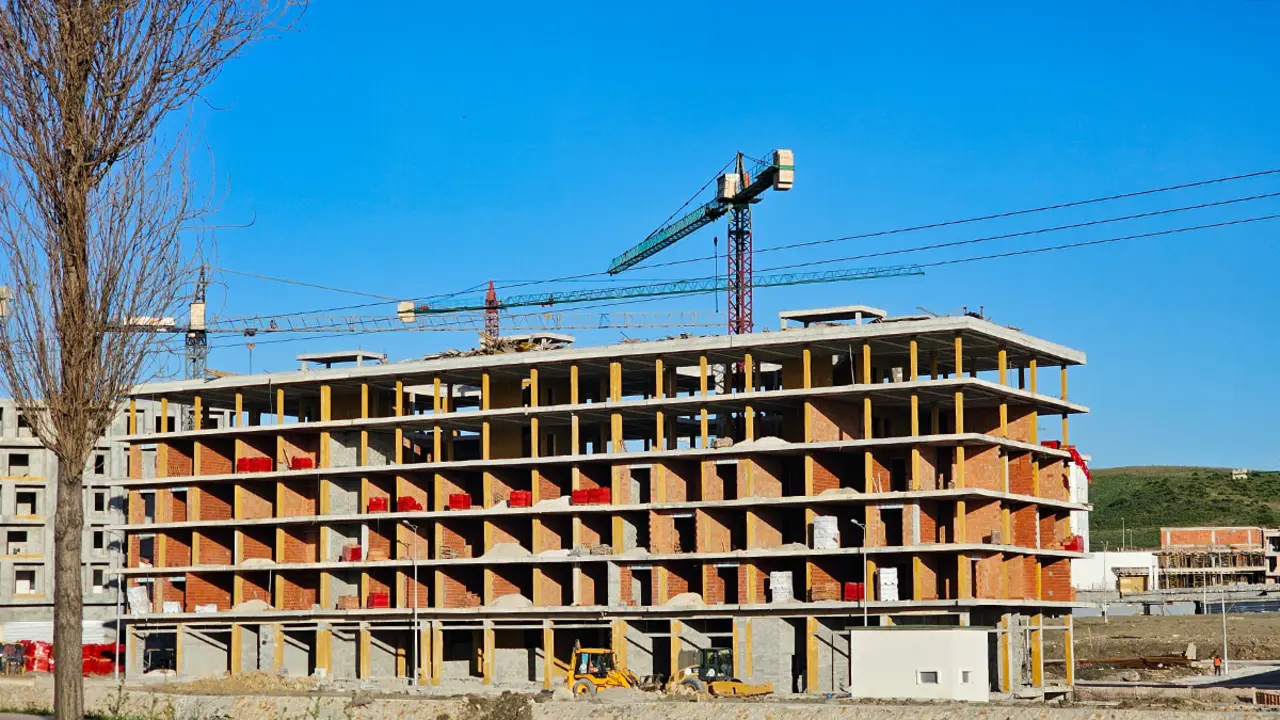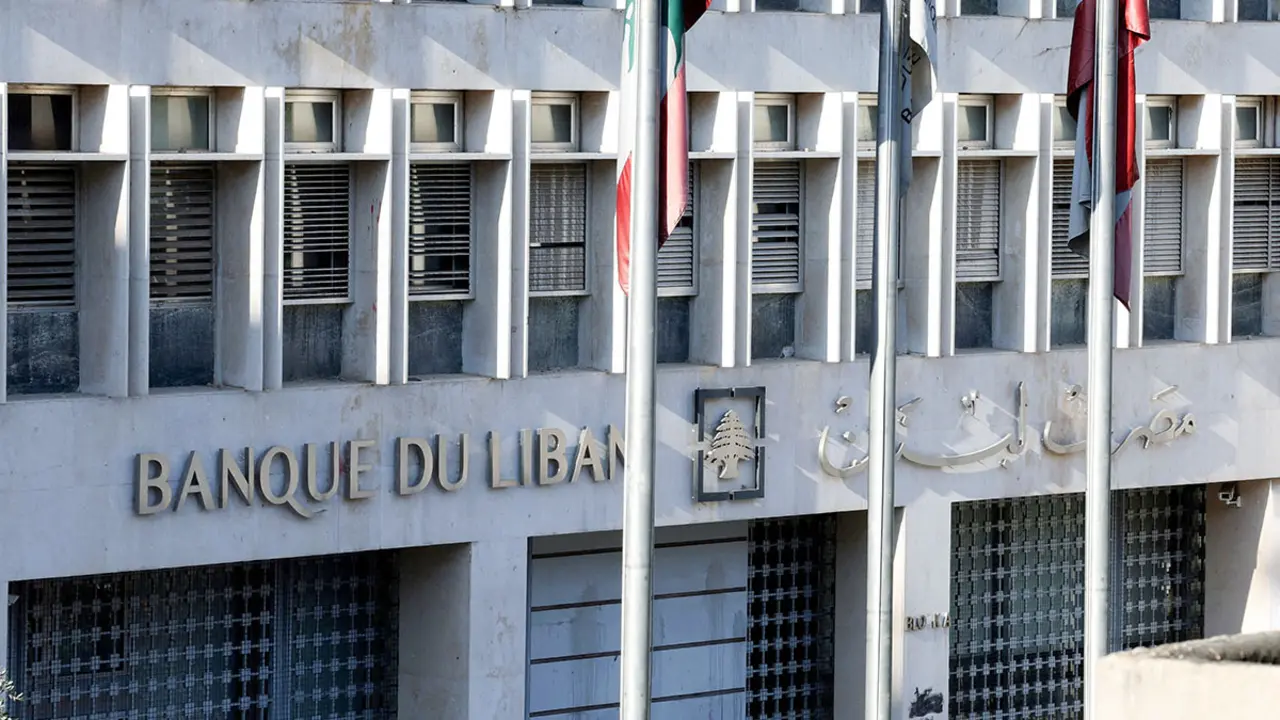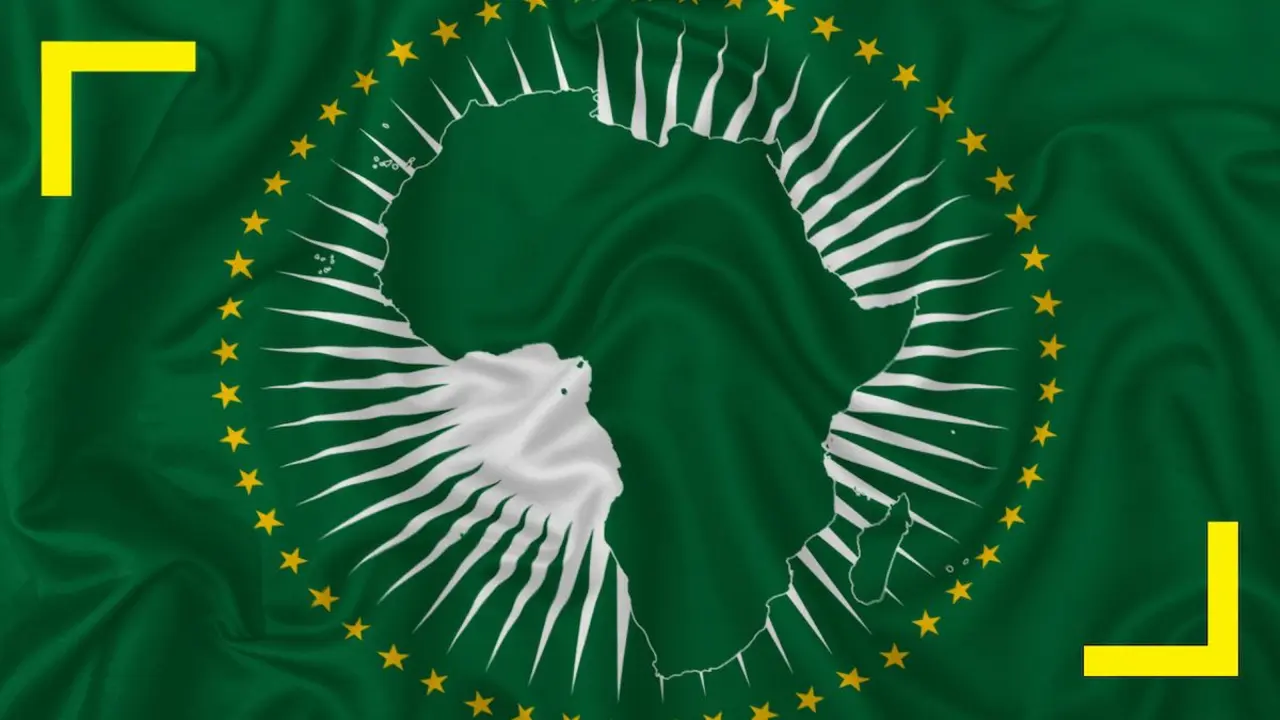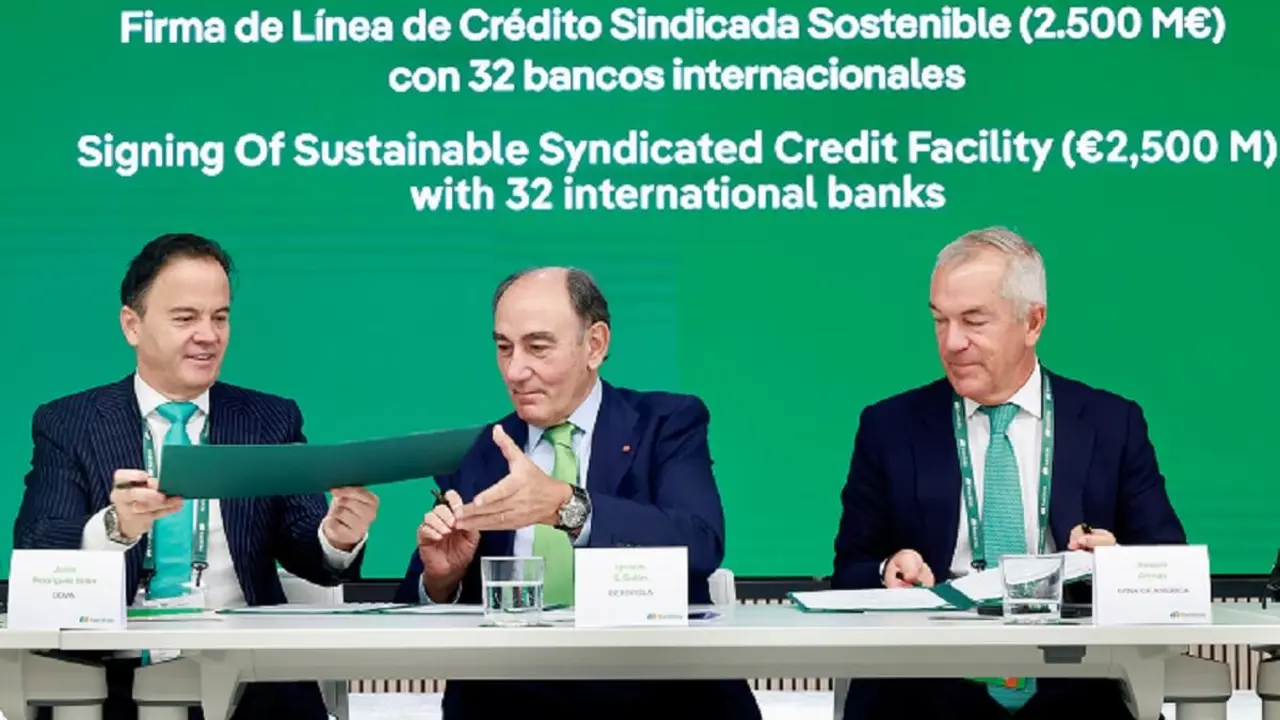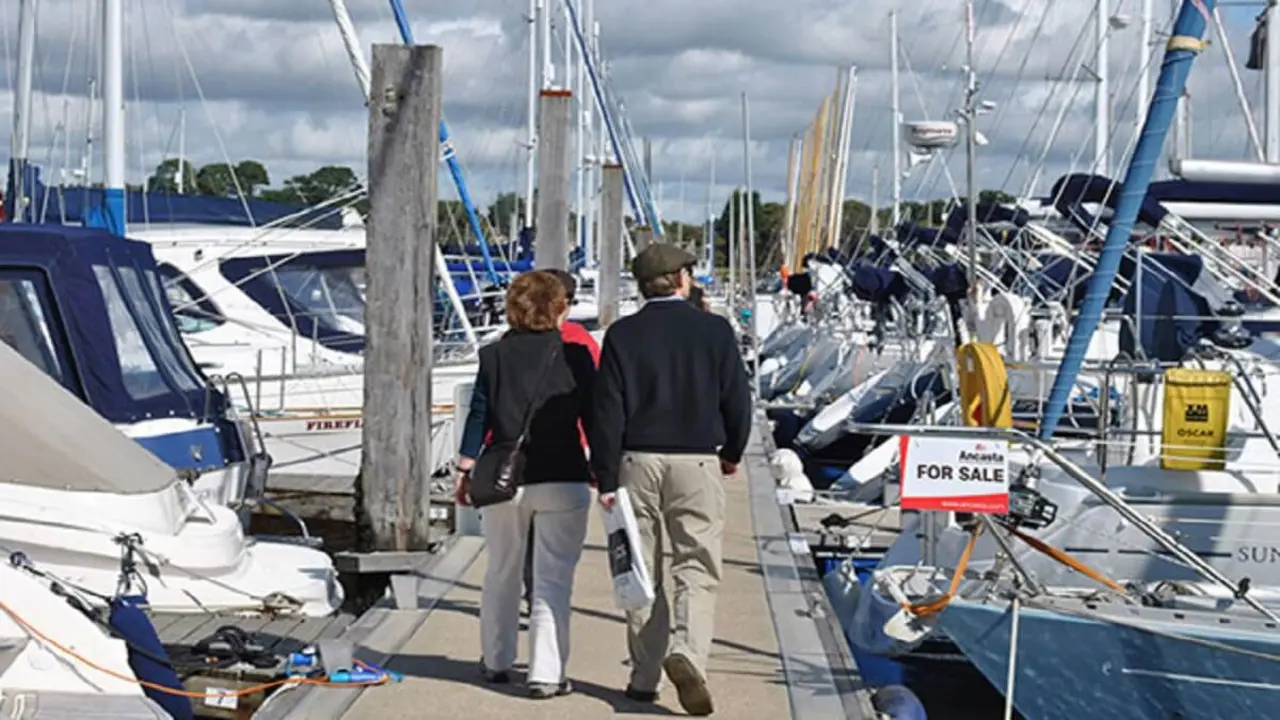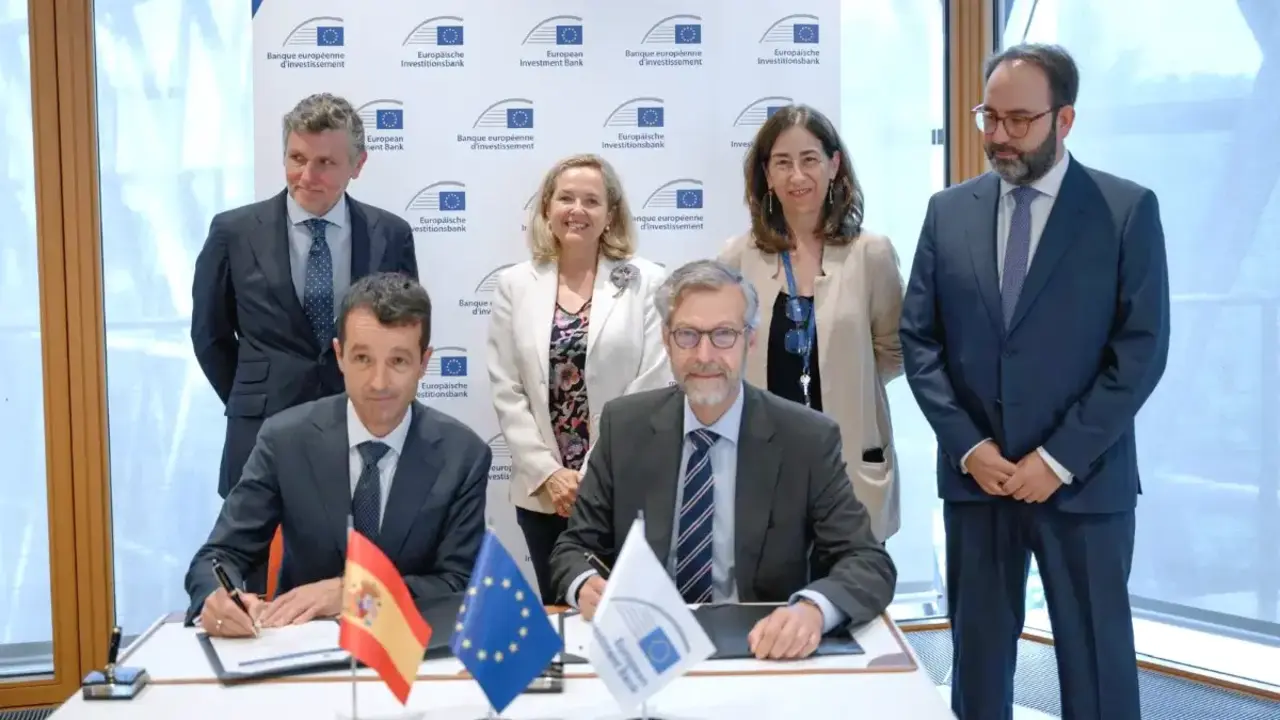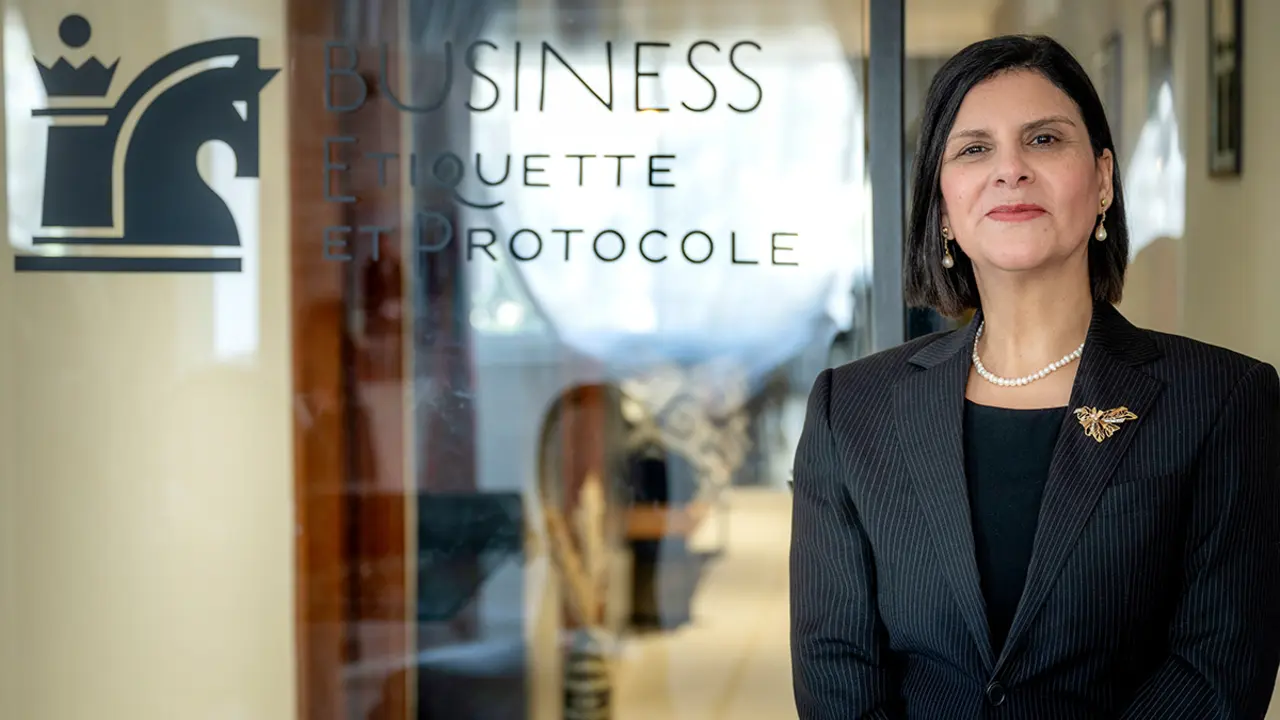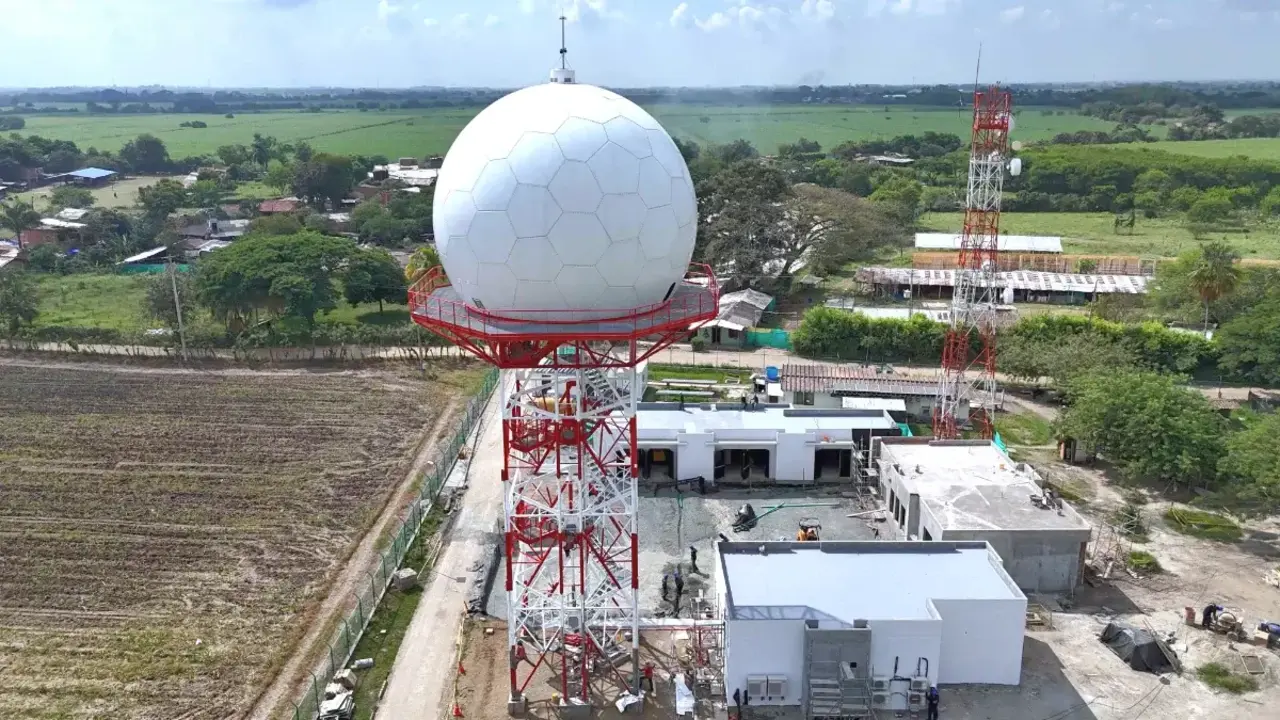Algeria shows Europe's inability to replace Russia's energy supply

Sonatrach CEO Toufik Hakkar has acknowledged that Algeria is unable to replace the volume of gas supplied by Russia to Europe, a 40% dependence that the Old Continent is seeking to reduce at all costs. The twelfth man to head the state hydrocarbon company since Abdelaziz Bouteflika came to power in 1999 told the Algerian press agency that, despite having several thousand additional cubic metres of gas, Sonatrach cannot replace Moscow in this task.
"At the rate of our exploration, our capacities will double in four years, which indicates promising prospects for our European customers," Hakkar explained. The problem is that the EU cannot wait much longer. It is therefore considering other options to supplement Russian supplies with alternative sources such as Norway and Azerbaijan, which plan to increase their production, and with the development of interconnections in the eastern Mediterranean, where large and coveted energy reserves are located.
But in this context, Algeria becomes even more important. A few weeks ago, Sonatrach discovered new oil and gas reserves in the south of the country, in the cities of Touggourt and El Bayadh, whose capacity is estimated to be around one billion barrels, according to initial estimates. The company's CEO said it intends to invest some $40 billion over the next four years in exploration and production. These projects are tarnished by the company's image, which has been embroiled in suspicions of corruption since January 2010, damaging the confidence of foreign investors.

"Since the beginning of the crisis in Ukraine, hydrocarbon prices have skyrocketed," Hakkar said. "Algeria has decided to stick to relatively fair contract prices for all its customers. Except with Spain. Sonatrach's CEO said that the company does not rule out "recalculating" sales prices for its main customer on Spanish soil, Naturgy, without elaborating on the reasons for the decision, which only involves Spain.
In the background is the divisive issue of Western Sahara. The recognition of the Moroccan proposal as the 'most serious, credible and realistic' for the resolution of the dispute, formalised by the prime minister, Pedro Sánchez, is the argument used by Algeria to punish Spain. A correction that materialised with the recall of its ambassador to Madrid for consultations. Algeria has been the main ally of the Sahrawi cause, whose refugees it hosts in the Tindouf camps.
But Algeria is no longer the main exporter of gas to Spain. In the last two months, energy purchases from the United States have far exceeded the volume imported from the North African country. LNG tankers from the other side of the Atlantic now account for more than 30% of Spanish imports, 10% more than the energy supply acquired from Algeria, which reaches the Iberian peninsula via the Medgaz pipeline, which is in its final stages of expansion.
Russia's conversion into an international pariah as a result of its invasion of Ukraine has altered the global energy landscape. With Moscow out of the equation, Algiers occupies a privileged position as the European Union's second largest gas supplier after Oslo with a volume of exports exceeding 80 per cent, and Washington is trying to convince the Maghreb country to step forward to take on this role. But the context is complicated for an Algeria that is not cutting its ties with Russia.
The trip to Algiers by the head of US diplomacy, Antony Blinken, served to persuade the North African giant to detach itself from the Kremlin's orbit. Algeria was one of 35 countries that refrained from condemning Russia's aggression over Ukraine, whose military backing has been key in recent months, coinciding with Russia's growing presence on the African continent. To date, Algeria has prioritised its diplomatic ties with Russia, a risky decision that it is trying to reconcile with maintaining smooth relations with the US.

Sonatrach's CEO has ruled out increasing Algerian gas supplies to Europe, a decision that responds to its limited production capacity. However, another reason that the Algerian government values may be its relationship with Moscow, which it does not want to cut off from the market in a situation that is so compromising for the Kremlin's aspirations now that it has been almost unanimously condemned by the international community for its campaign on Ukrainian soil.
Algeria's state oil company has recently strengthened its relations with its Italian counterpart, linked by the TransMed pipeline, which transports some 22 billion cubic metres a year with capacity for a further 10 billion cubic metres, in a dismissive gesture towards Spain. But it will have to do the same with the Spanish market if it does not want to harm itself, as there is a mutual dependence sealed in contracts, which are reviewed periodically but whose termination process is complex.
In the past, increased exports have allowed Algeria to weather economic crises and maintain a certain stability. Sonatrach plans to boost supply shipments to Europe, but the problem is that, as the Middle East Institute's North Africa and Sahel programme director Intissar Fakir points out, Algeria's investment potential "has diminished as the country's available capital has shrunk due to high domestic spending and the sustained decline in oil prices".

